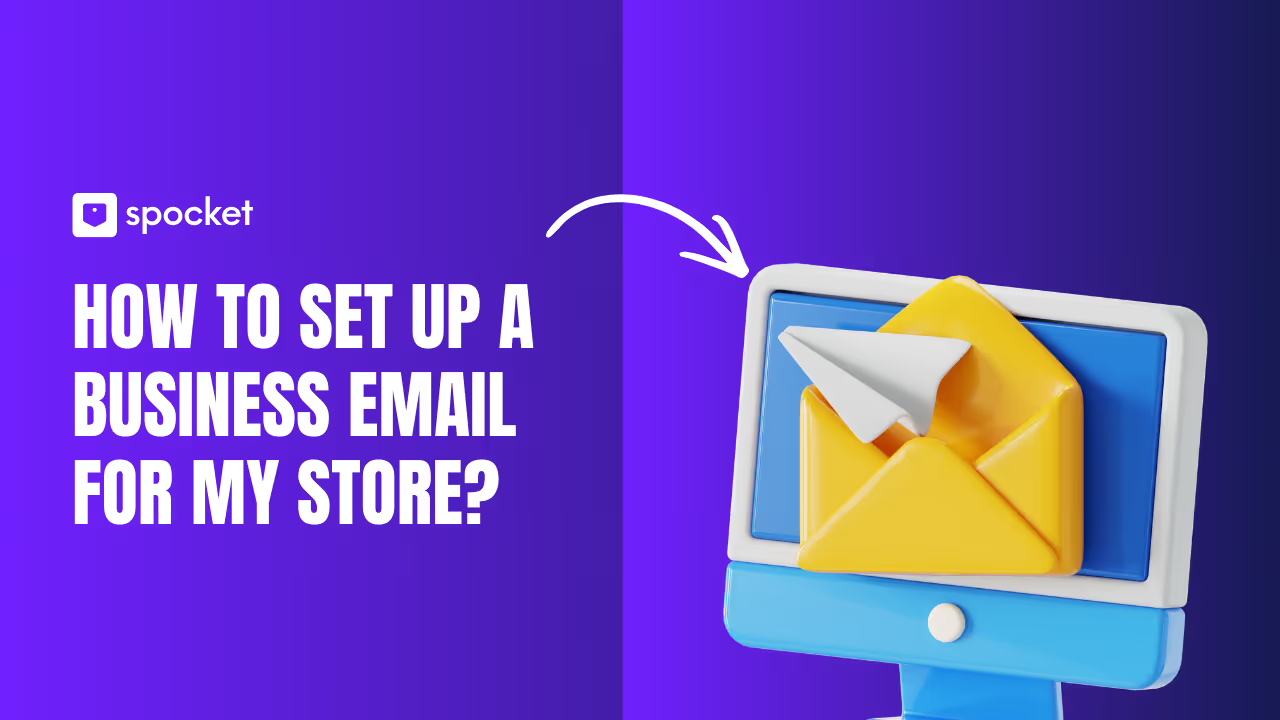Registering an Online Business: A Step-By-Step Guide
Learn how to register your online business in 5 simple steps. Make your online business official, and cover every legal aspect to protect yourself and your business so you can focus on the fun parts of running an online business, without the risks.


You’ve started on the journey of entrepreneurship, and now you’re wondering how to register an online business. Maybe you’ve already made some sales, and someone asked you if you were registered; perhaps you’re just trying to get ahead of the curve.
Either way, registering your online business is an integral part of the entrepreneurial journey, and important in protecting yourself and your business.
What does it mean to register your online business?
Essentially, registering an online business is turning your business from a hobby to a proper corporate entity recognized by your local government. It’s planting your flag in the world of e-commerce and marking your business as the next big thing.
Why should you register your online business?
Registering your online business makes you official, and that comes with a lot of benefits, from small bonuses like owning your name and establishing who legally owns the business you’re starting.
Incorporating your online business also separates you from the business legally, meaning that the business legally wouldn’t drain your personal assets to cover costs or expenses if something were to happen.
Additionally, registering a business locks it in and gets you ahead of the curve. Once you find success, you’ll be happy to be registered while filing taxes or marketing your product.
How to Register An Online Business in 5 Easy Steps
1. Determine What Kind of Business You Are
Depending on local laws, there are many different kinds of online businesses that you can register as. Still, the most important one is identifying whether you are a sole proprietorship or not. A sole proprietorship is a business that is owned and started by a single person: you. If you have a partner or a team looking to start an online business together, you’ll want to incorporate. This will ensure that your business is set up so that anyone who is registered is considered a partner in the government’s eyes.
If you’re not 100% sure, Ownr has a quiz that can help you determine what you need.
2. Determine the Levels of Government You Need to Contact
Different businesses need to be registered with different governments’ levels, whether that’s federal, municipal, provincial, state or any other official government entity. Depending on the size of your online business and your growth potential, it varies, but there are government resources to help you figure this out below:
U.S. Small Business Association
Government of Canada Service Page
EU Points of Single Contact Guide
If business registration seems intimidating, you’re not alone, and that’s why there are a number of dedicated companies that will ensure your business registration is smooth. Check out Ownr, Founded, and Incorpmaster for help registering your online business.
3. Determine Your Business Name and Details
You might have already chosen a business name, but it’s critical to triple check that it’s what you want forever and that it’s what you want to call yourself legally. Many online businesses have a registered name that’s different from the name consumers know them by. For example, a business typically called ‘Fred Shoes’ might be incorporated under ‘The Fred Shoes Company.’
Another thing you'll want to consider before you register is the location of your head office. Even if you're working out of your home, it needs to be registered.
4. Consider International or Other National Options
Depending on your business’s size and scale, it might be worth registering federally or provincially/by state depending on where you operate.
The main differences between Federal and state/provincial incorporation lies in the protection of your company name on a state or federal level and the ability to conduct business in different states or provinces. The overall cost also increases for starting and renewing your business
If you’re selling a lot to a certain area, it’s always good to check! In the United States, there is an additional consideration called economic nexus. Learn more here.
5. Record and File All Completion Documents
Once you have officially registered your business, the entities you registered with will provide you with forms and documentation that provide critical information like VAT Numbers (Europe Exclusive), Business Registration Numbers, Master Documents and Incorporation Documents. The paperwork depends on your local government and your business classification, but ensure that you keep and protect all of them.
Congratulations! You’ve registered your business! To make the process as easy and seamless as possible for a fraction of the cost of using a lawyer, check out your options at Ownr.
Launch your dropshipping business now!
Start free trialRelated blogs

How Much Does Poshmark Take? 2026 Seller Fee Guide
Wondering how much does Poshmark take from your sales? We break down the $2.95 flat fee, 20% commission, shipping costs, and how to keep more profit.

10 Best AI Side Hustles That Require Zero Coding Skills
Want to earn extra income without technical skills? Here are 10 AI side hustles anyone can start today. From content creation to consulting, find your fit.

How to Set Up a Business Email for My Store: A Complete Guide
Learn how to set up a business email for your store in minutes. We cover domain setup, security tips, and why a professional address builds customer trust.

































